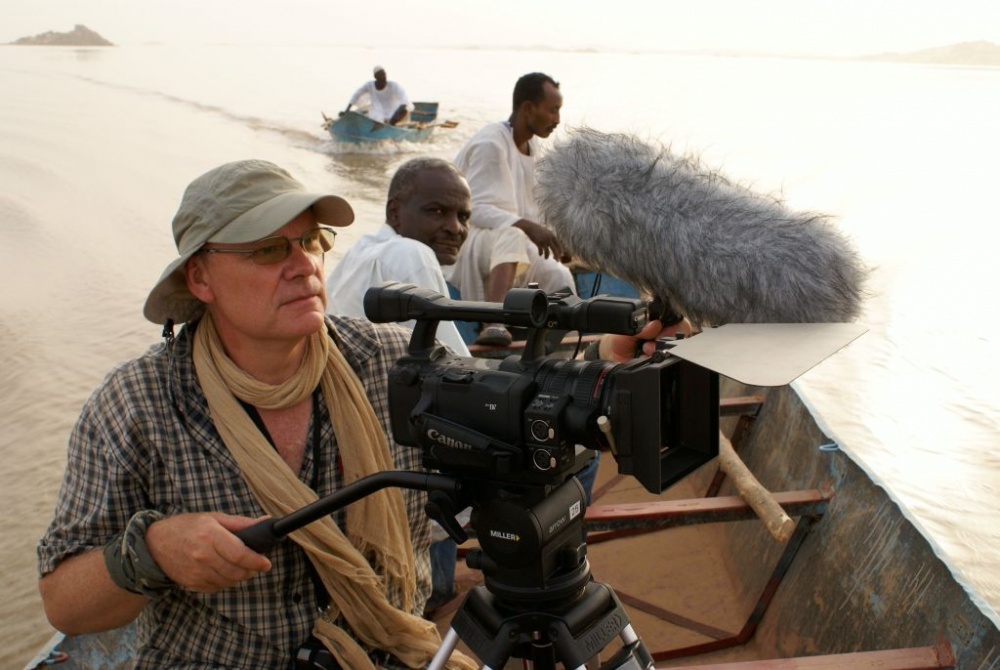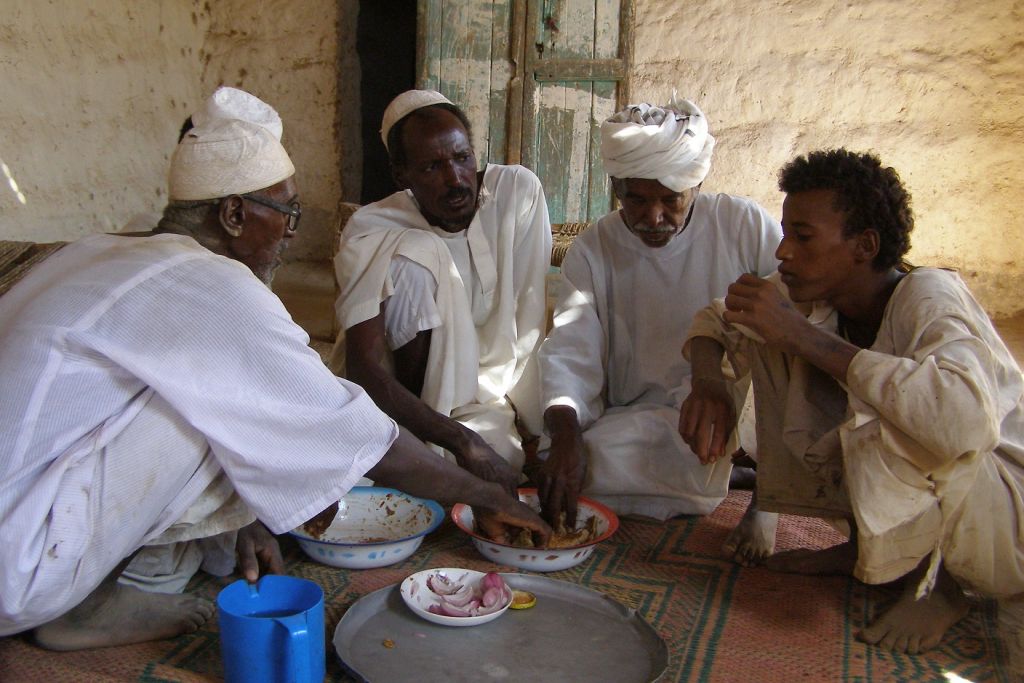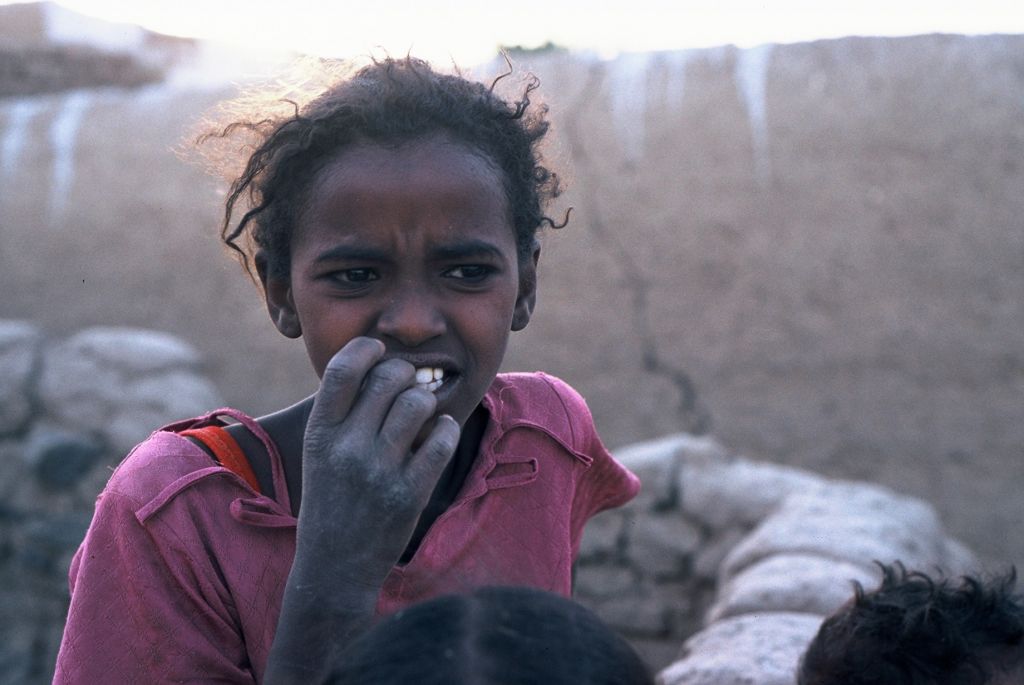Maciej Drygas

Born on April 3rd 1956 in Łódź. Film and radio director, screenwriter, producer. Graduated from directing at the Gerasimov Institute of Cinematography in Moscow. Was assistant to Krzysztof Zanussi and Krzysztof Kieślowski. Had his documentary debut in 1991 with the famed “Hear my cry,” which has been awarded many prizes worldwide. Author of documentary films broadcast by television stations in Europe, the USA, Canada, Australia, and Japan. Creator of radio documentaries broadcast by the BBC and radio stations in Germany, Scandinavia, and Benelux. Lecturer at the National Film School PWSFTViT in Łódź, member of the Polish Film Academy. Winner of many prestigious awards. Known for long and meticulous preparations before making his films.
Abu Haraz (2012)
Violated letters (2010)
Hear us all (2008)
One day in People's Poland (2005)
Voice of hope (2002)
Weightless (1994)
Hear my cry (1991)
Psychotherapy (1983)
Past events
- 16.10.2013, 13:00 - 16:00, Kino Zamek, Polish Documentary Classics: film retrospective of Maciej Drygas vol. 1 (guest: Maciej Drygas)
- 17.10.2013, 12:00, Radio Szczecin, Media workshops: Maciej Drygas
- 15.10.2013, 18:15 - 19:00, Studio TVP3 Szczecin, 22nd EFFD dokumentART Opening Ceremony
- 03.10.2014, 17:00 - 19:00, Kino Zamek, The European Competition: Block 2
Films
- Abu Haraz72'
The clash of tradition and civilisational progress depicted in a desert village in North Sudan. The construction of a giant dam threatens to flood the settlement, evict its inhabitants, and annihilate life as they knew it – life to the rhythm of nature.Source: filmpolski.plread more


- Violated Letters56'
A moving portrait of Poles in the People's Republic of Poland – composed of intimate letters filled with anguish, despair, and threats directed at the government; letters controlled by security officers who are to report on public attitudes. The film is composed of unique archive material.Source: filmpolski.plread more


- Voice of Hope58'
The tune of the Polish Broadcasting Station of Radio Free Europe has entrenched itself in the minds of several generations of Poles. In times of communist propaganda, the broadcasting station was one of the few sources of credible information from around the country and the world.Source: filmpolski.plread more


- One Day in People's Poland58'
September 27th, 1962. That day in the People's Republic of Poland nothing outstanding took place. And yet, there emerged an interesting story about a time that seems both distant and very familiar. The film's author spent over a year collecting the documentation.Source: filmpolski.plread more


- Weightless57'
A fascinating film about Soviet astronautics. The author builds a feeling of enchantment with the cosmos and joy of dreams coming true – only to break it soon after, uncovering the secret of cruel medical experiments on humans and animals. The film reveals the tragedy of catastrophes and death, and ends with the bitterness of disappointment, meaninglessness, and emptiness.Source: filmpolski.plread more


- Hear Us All21'
During a Polish expedition in Sudan, the archeological discovery of an early-Christian grave becomes the canvas for a film mystery with deep and inconspicuous symbolism.Source: filmpolski.plread more


- Hear My Cry46'
In 1968 at the 10th-Anniversary Stadium, Ryszard Siwiec set himself on fire in protest “against the tyranny of lies that overwhelm the world.” Out of the statements of the ones closest to Siwiec, and out of the reports of onlookers, there emerges a portrait of an honourable man who does not submit to compromise.Source: filmpolski.plread more

- Abu Haraz73'
Abu HarazProduction: Poland 2013
Simple, contemplative shots show the life of the inhabitants of Abu Haraz – a desert village in North Sudan. For ages people have lived here to the rhythm of the flooding Nile, which irrigate the farmland. Everything will change with the construction of the great dam. The houses of the livin and the cherished ancestral graves, all is to be wiped off the face of the Earth. People from Abu Haraz will inhabit a new place. The TV will play an important role here. One of the inhabitants goes back to the village to once again see the paradise, soon to be lost. The director had been visiting Abu Haraz for seven years, documenting the last moments of the village's existence on film.

read more


